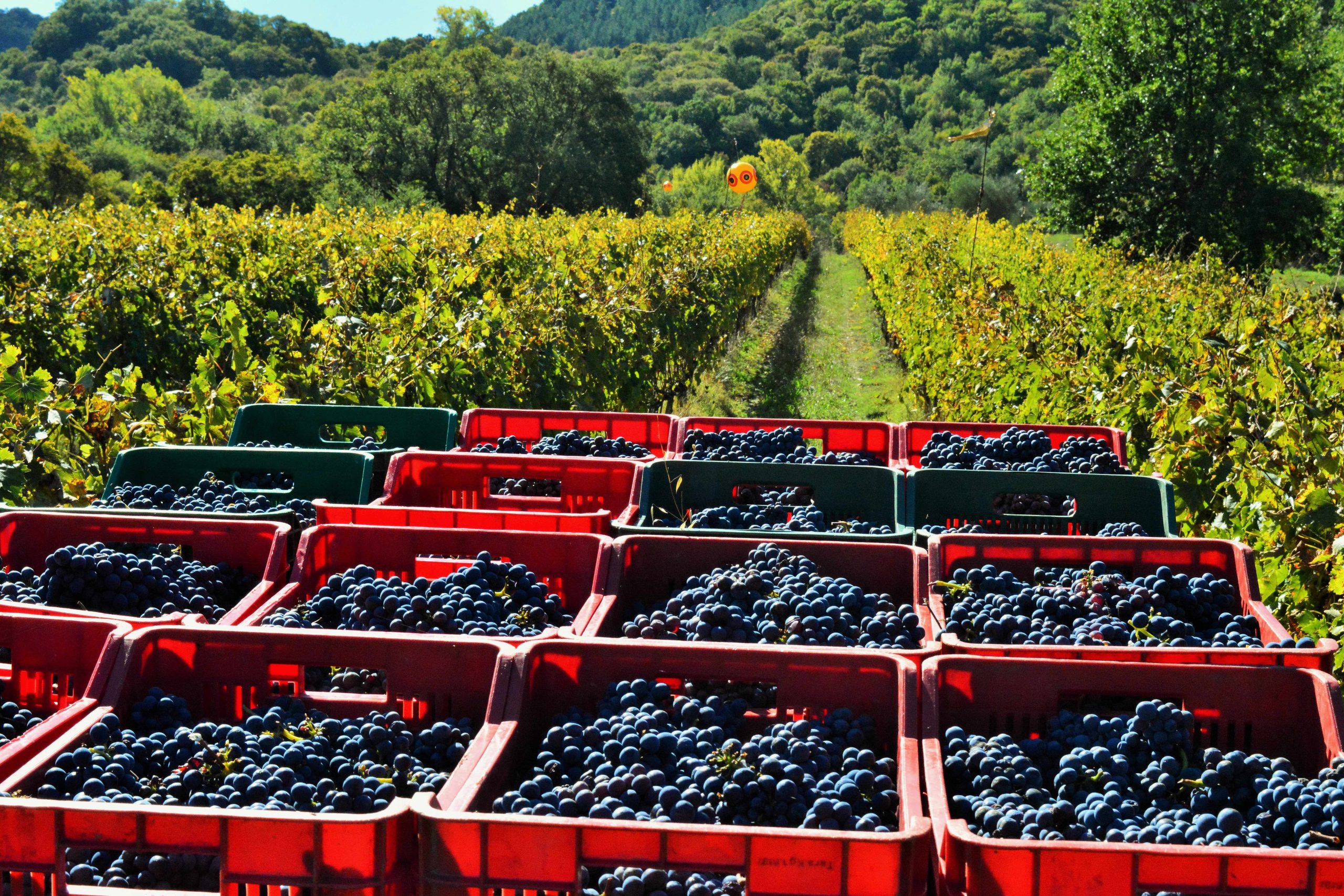China reduces Australian wine tariffs to zero
Australian wine exports to China are expected to see substantial growth this year, after its principal export market reduced import tariffs to zero this Tuesday (1 January), as per the two countries’ Free Trade Agreement.
French wines and other imported wines currently have a 14% import tax imposed on them.
For Australia’s to have 0%, coupled with the Australian government’s AS$50 million export stimulus package, many believe that the country will soon overtake France as China’s biggest source for imported wines.
Australia currently ranks as China’s second biggest source for imported bottled wines with an export value of more than US$682 million in 2017, behind France’s US$1.05 billion, according to Chinese customs data.
The FTA signed by the two countries in 2015 saw China gradually reducing tariffs on Australian wines each year, and a subsequent boom in Australian exports to the country. In 2017, China overtook the UK to become its most valuable wine export market, and in the past 12 months ending in March last year, Australia’s wine exports to China including Hong Kong and Macau totalled AU$1.04 billion, for the first time surpassing the AU$1 billion mark.
The affinity between the two countries grew even stronger, supported by booming wine tourism and Chinese investments in Australian vineyards. The growing popularity of Australian wines spawned a booming wine tourism industry in Australia, according to AAT Kings, a leading tour operator in Australia and New Zealand. As a result, China has replaced New Zealand as Australia’s biggest tourist source in 2018.
Partner Content
Meanwhile, Australian wineries seem to have become the latest favourite for Chinese investors over Bordeaux. From leading Chinese wineries Changyu Pioneers to private investors, Chinese are predicated to eventually own up to 10% of the vineyards in Barossa Valley, as dbHK previously reported.
Growth momentum for Australian wine exports is expected to continue, but the high-speed growth rate will likely slow in the coming years as its base gets bigger, Andreas Clark, CEO of Wine Australia, previously told dbHK.
“The market has already adjusted to the tariff reductions, fundamentally we are placed for long term sustainable growth here…We have strong growth here now. It’s not always going to continue forever. It’s just for sheer mathematics when your base gets high, it’s going to be hard to grow,” he explained.
Australian wines are still subject to VAT and excise tax in spite of zero import tariff.





Australia subsidizes its $2.00 AUD bottle. So that after the VAT and excise tax it’s available to the average Chinese consumer for less than 20 Renminbi. I guess that Australia wants to brand itself as cheap.
While Australian wine is being subsidized by its government to support trade to China. Comrade Trump’s trade war has greatly damaged the sale of all agricultural products to China by increased tariffs.Piggybacking on Richard’s comment it is unfortunate that Australian wine is thought of first as inexpensive wine .When in reality it is home to some of the finest wines in the world.